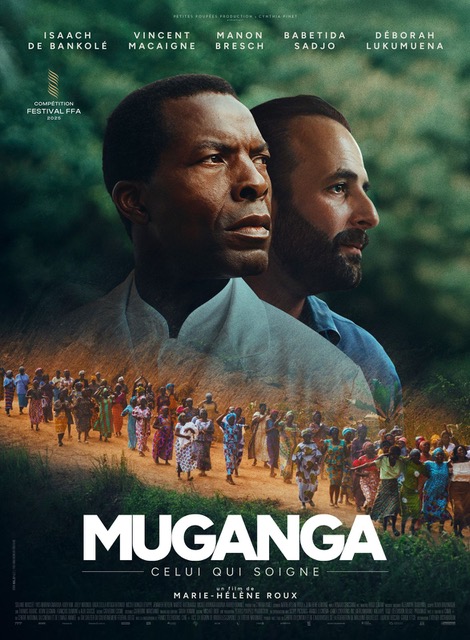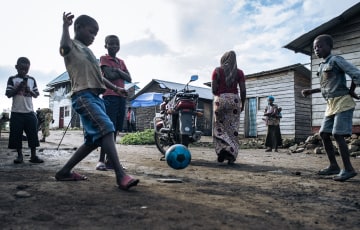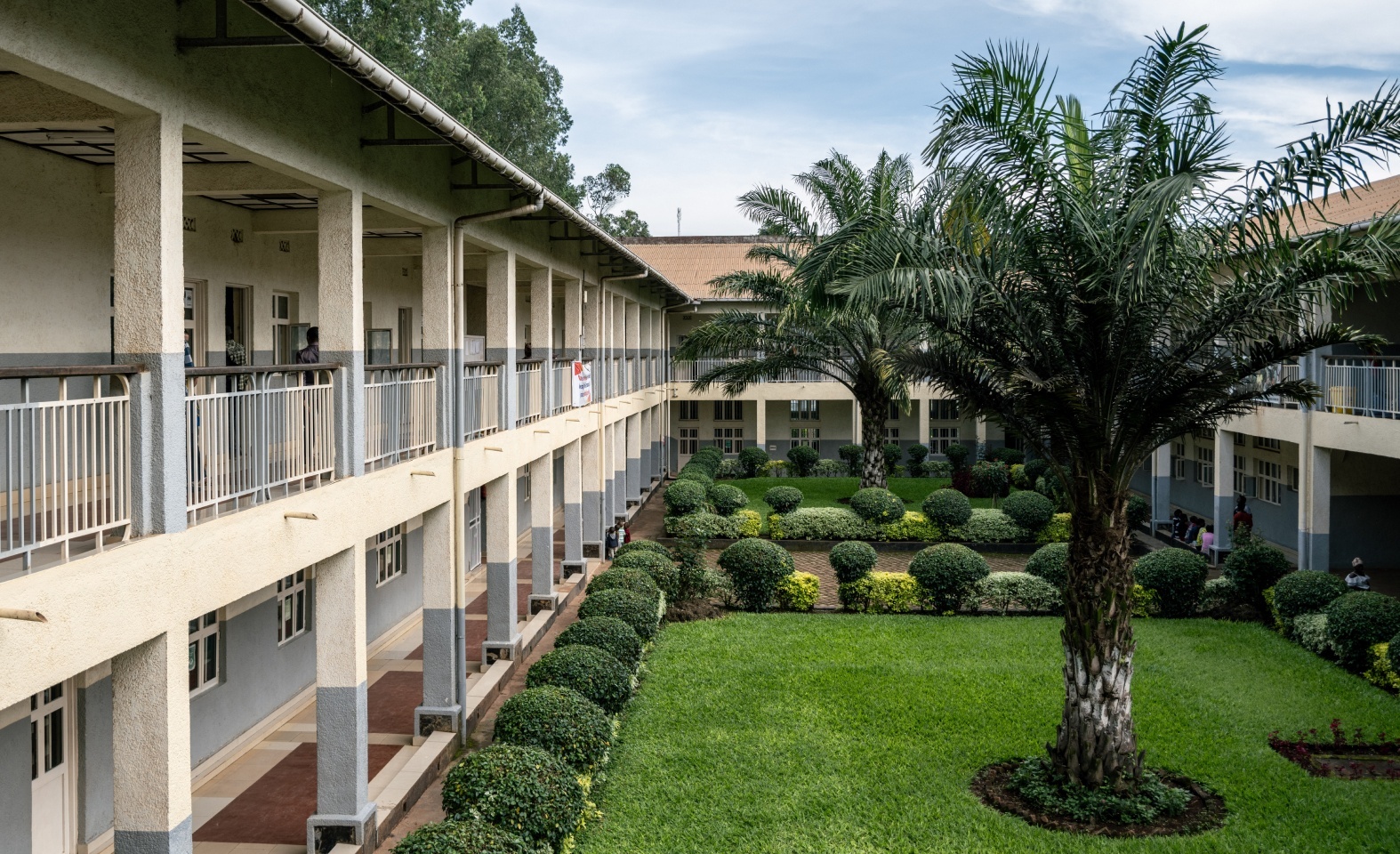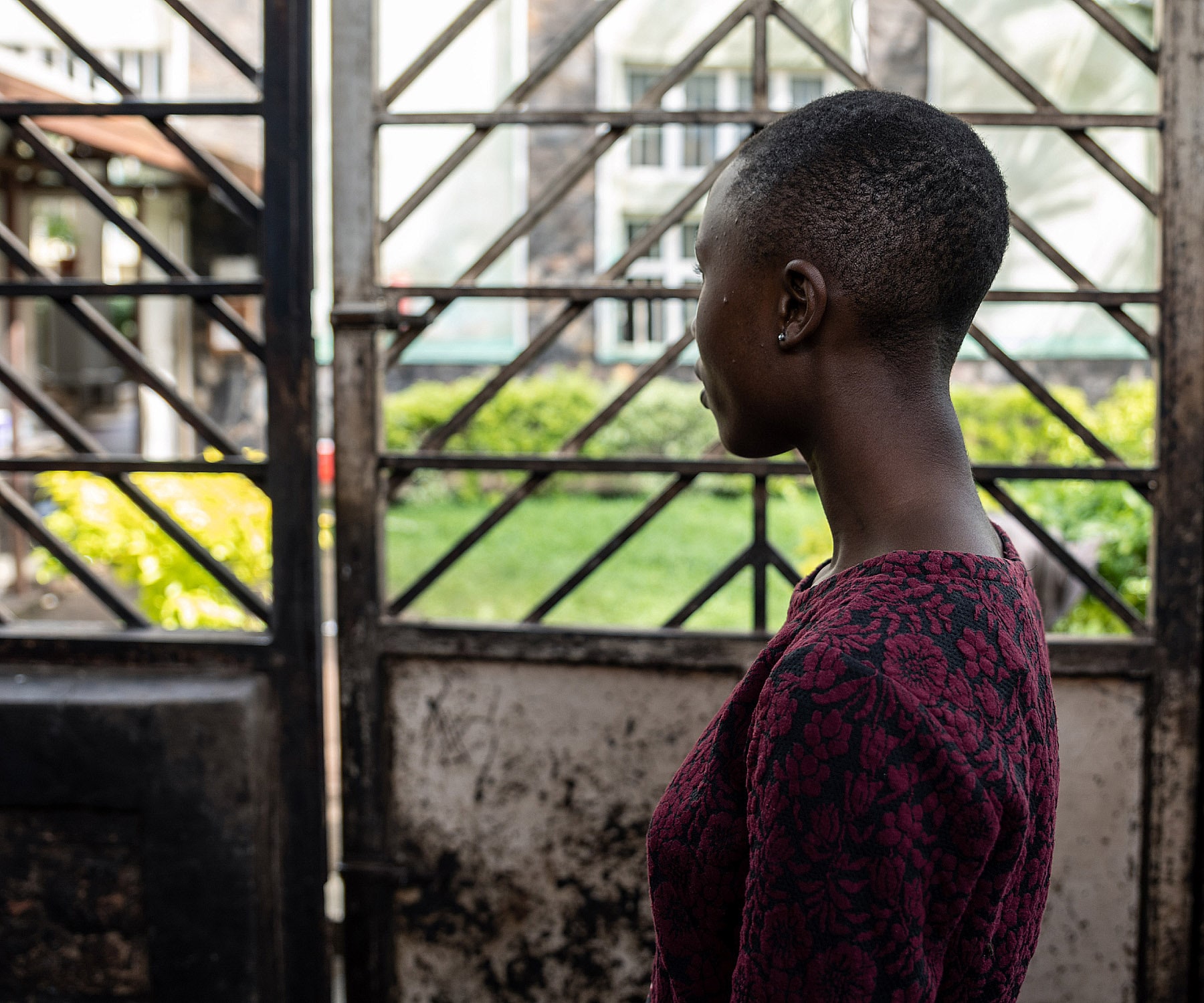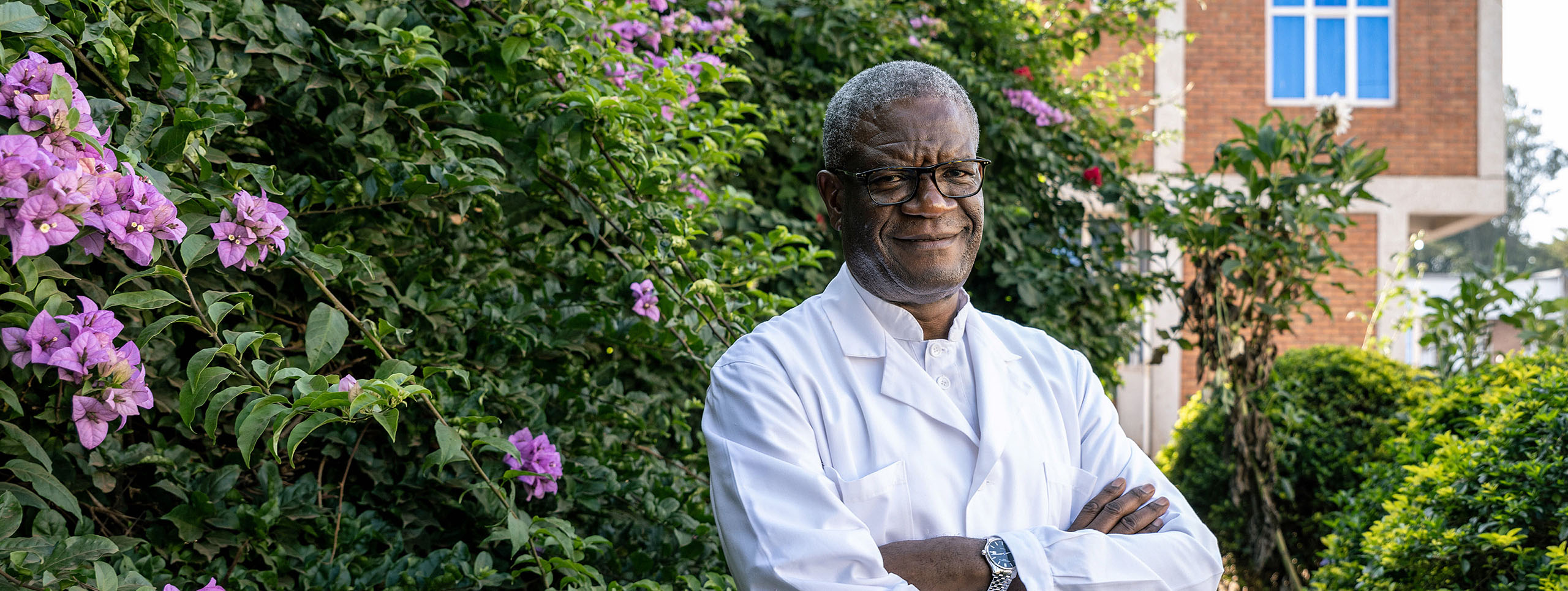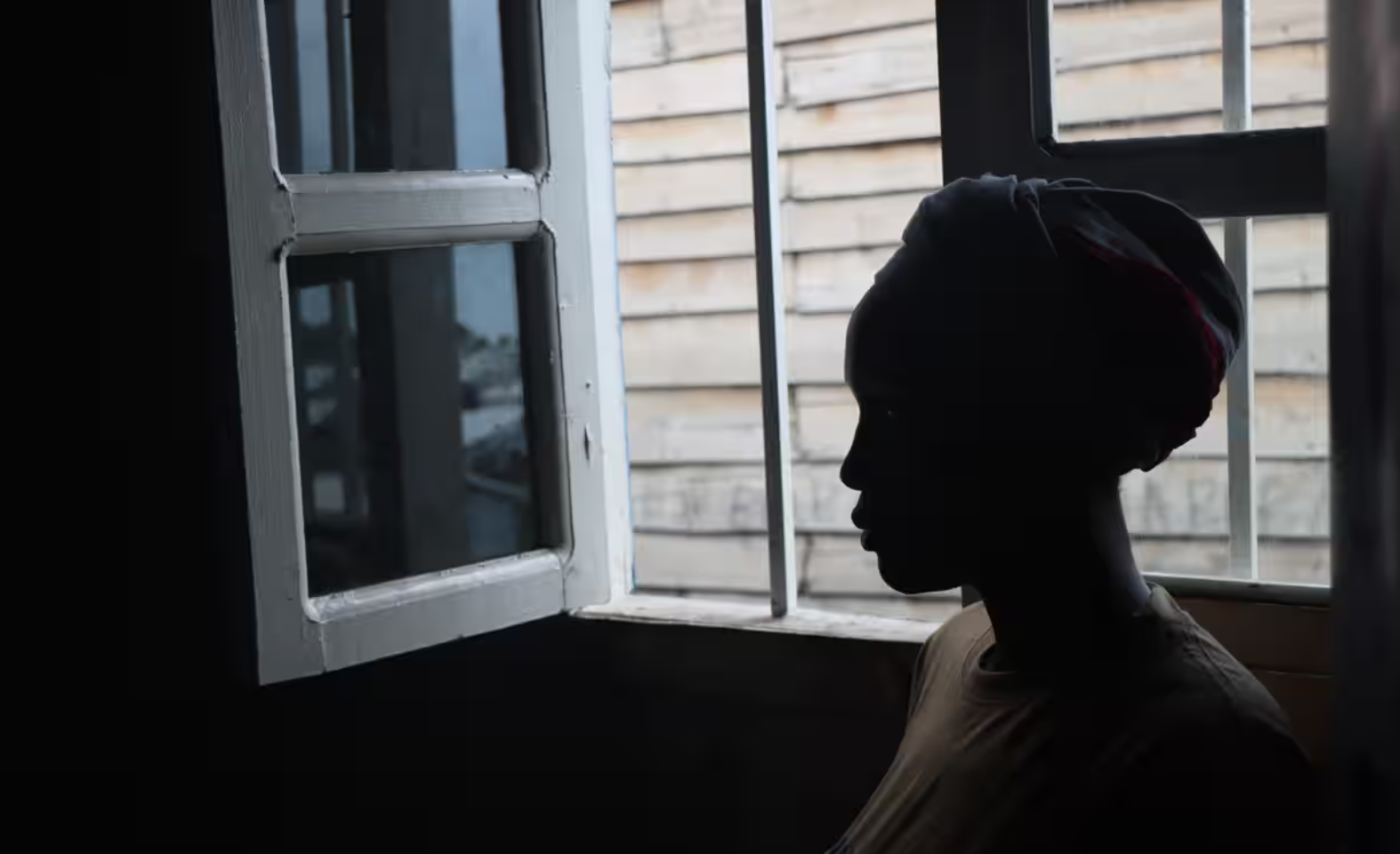To move forward on the path to lasting peace, our leaders should learn from the mistakes of the past and break with policies that have prolonged and exacerbated the suffering of the Congolese people and the instability that has caused disastrous consequences for the protection of civilians.
From Sun City to Lusaka to Kampala, the peace agreements have systematically sold out justice on the altar of a peace, whose dividends have never reached the East.
These various political agreements aimed at ending violence have planted the seeds of instability and the culture of impunity by integrating elements of armed rebel groups, both Congolese and foreign, into the Republic’s security and defense forces. Indeed, the underfunded and botched Disarmament, Demobilization, and Reintegration processes, as well as the “mixing” and “brassage” policies, often accompanied by promotions, have integrated indiscipline into the institutions, right up to the highest level of the state.
By rewarding criminals instead of bringing them to justice, this strategy of string-pullers lurking in Kinshasa, Kigali, Kampala, and Bujumbura encourages the armed groups in the bush to wait their turn.
This situation favors the emergence of a system that legitimizes violence and the commission of crimes as a way of gaining access to power. It maintains a downward spiral of endless violence and violence and jeopardizes the establishment of a lasting peace.
It is in this context that we express our circumspection in the face of the recent appointment by presidential order of a former rebel leader of the RCD-Goma, M-23 and ALEC, as Coordinator of the Disarmament, Demobilization, Community Rehabilitation and Stabilization Program.
While the Head of State has pledged to place transitional justice on the government’s agenda “to build the path to national reconciliation and peace,” we advocate for the adoption of a holistic national transitional justice strategy that prioritizes institutional reforms aimed at preventing the recurrence of atrocities committed against civilians populations, including through a profound reform of the security and justice sectors.
The most obvious link between transitional justice and institutional reform is the establishment of vetting procedures that aim to identify and remove those responsible for violations of human rights and international humanitarian law from public institutions, as well as the establishment of mechanisms for the verification of human rights records of those who aspire to enter the public service.
Thus, as part of the genesis of the transitional justice process to which the Congolese people aspire, the government should undertake institutional reforms without delay to ensure the respect for the rule of law, to foster a culture of respect for human rights, and to restore confidence in institutions.
The Congolese nation is full of men and women of integrity, with no history of serious human rights violations. If there is a real political will to eradicate armed groups, to stabilize the east of the country, to ensure the recovery of communities affected by the militias that have plagued our country for the past 25 years, and to establish a lasting peace, the time has come to make full use of the potential of this peace- and justice-loving human capital and to break with policies aimed at promoting those who should be accountable to the law.
